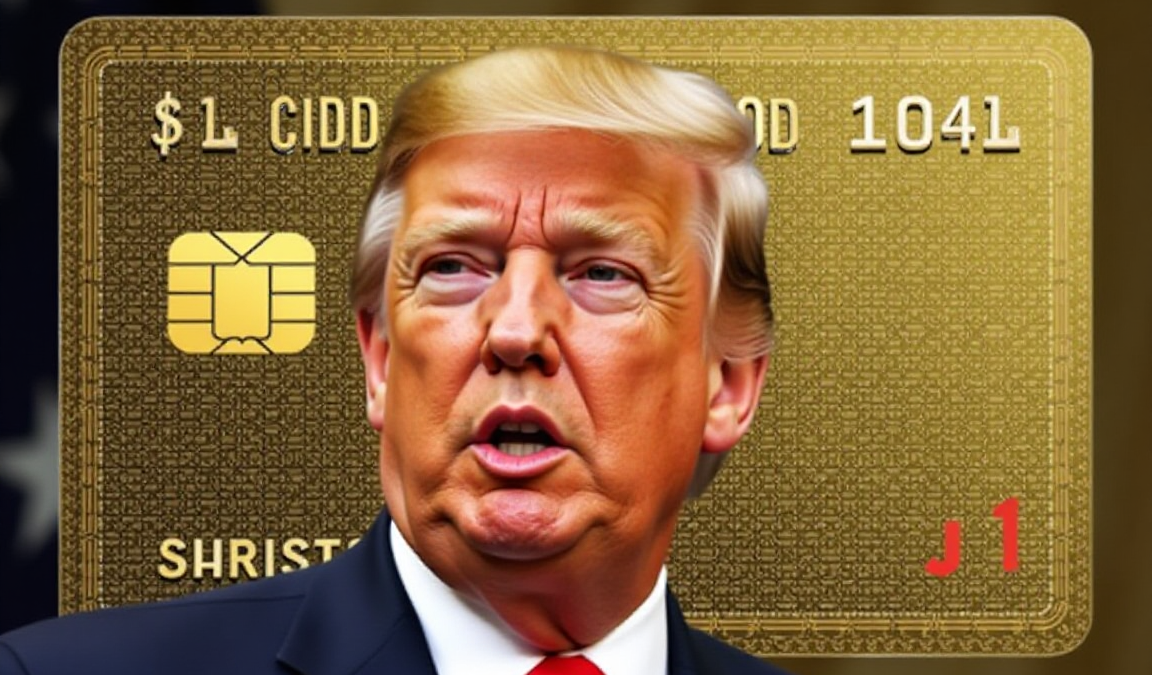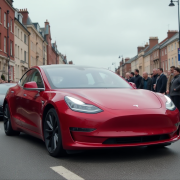Donald Trump’s $5 million “Gold Card” visa has generated interest from tens of thousands of overseas applicants hoping for an expedited route to US citizenship.
Since it was unveiled in February, the initiative has been promoted as a high-value replacement to the EB-5 investor visa. A prototype was presented in April, and a government-hosted sign-up website launched in June.
But five months since its announcement, the programme has not moved past marketing, and no formal rollout plan exists.
The programme is being overseen by Commerce Secretary Howard Lutnick, who says it will offer a quicker alternative to wealthy investors stuck in long EB-5 queues.
However, immigration attorneys and legal experts have raised serious questions about the scheme’s legality and practical feasibility.
The current immigration framework, shaped by the 1990 Immigration Act, has not been revised by Congress in 35 years. Introducing a new visa category without legislative backing is seen by experts as legally unsound and politically risky.
US law places immigration authority with Congress
At the core of the debate is the US Constitution’s division of powers. Legal scholars point out that only Congress has the authority to amend or create visa categories.
Doug Rand, a senior adviser under the former US Citizenship and Immigration Services director, has stated that no lawful basis exists for implementing the Gold Card without congressional approval.
He argued that any attempt to proceed unilaterally would likely face legal action and could be overturned in court.
While a 1950 Supreme Court ruling did acknowledge some executive power in immigration matters, George Fishman from the Centre for Immigration Studies clarified that the decision does not grant the White House the authority to act independently of Congress in creating new immigration categories.
Fishman said the ruling allowed implementation of procedures set by Congress, not unilateral changes by the executive branch.
The Trump administration has yet to present any draft legislation to support the Gold Card, further weakening its prospects.
Past efforts by previous administrations to bypass Congress—such as the Obama-era DACA programme or Biden’s parole expansions—have also faced legal challenges, especially from Republican lawmakers who argue that the executive has overstepped its authority.
Congressional resistance limits chances of success
The Republican-led Congress has shown little inclination to support new immigration pathways, particularly those favouring wealthy foreigners.
At a House Judiciary subcommittee hearing on 25 June focused on visa reforms, the Gold Card was not discussed. Instead, the session highlighted concerns about potential abuses in the existing system and called for stricter oversight.
According to Alex Nowrasteh from the Cato Institute, there is currently “zero appetite” in Congress to introduce or even debate such a programme. Without bipartisan support, the proposal remains politically isolated.
Even among pro-immigration voices, the idea of prioritising citizenship for the ultra-wealthy is unlikely to find wide backing, especially during an election year.
Uncertainty leads experts to warn applicants
Despite the lack of clarity, Commerce Secretary Lutnick claimed in March that the market for Gold Cards could reach 37 million people globally, and that issuing 200,000 cards would raise $1 trillion in government revenue.
So far, 70,000 individuals have reportedly signed up on the official waitlist. The administration has also suggested the physical cards will be made of actual gold.
However, legal practitioners are urging caution. Immigration attorneys such as Ron Klasko have advised clients from Canada and Europe to avoid signing up until the programme becomes legally defined and properly documented.
Klasko warned that there is currently no transparency about eligibility requirements, application procedures, or taxation rules for high-net-worth individuals under the proposed visa.
Similarly, Rosanna Berardi, an attorney based in Buffalo, highlighted that the administration has yet to confirm whether the Gold Card will form a new visa category or replace the EB-5 route.
She stressed that the executive branch lacks the authority to change immigration law without legislative endorsement.
Commerce Department spokeswoman Kristen Eichamer reiterated the government’s intent to implement the programme, stating that Secretary Lutnick is committed to delivering on Trump’s vision.
However, no timeline has been provided, and legal challenges are expected if the administration attempts to proceed without congressional approval.
The post Trump’s $5 million Gold Card visa faces legal hurdles and congressional deadlock appeared first on Invezz





